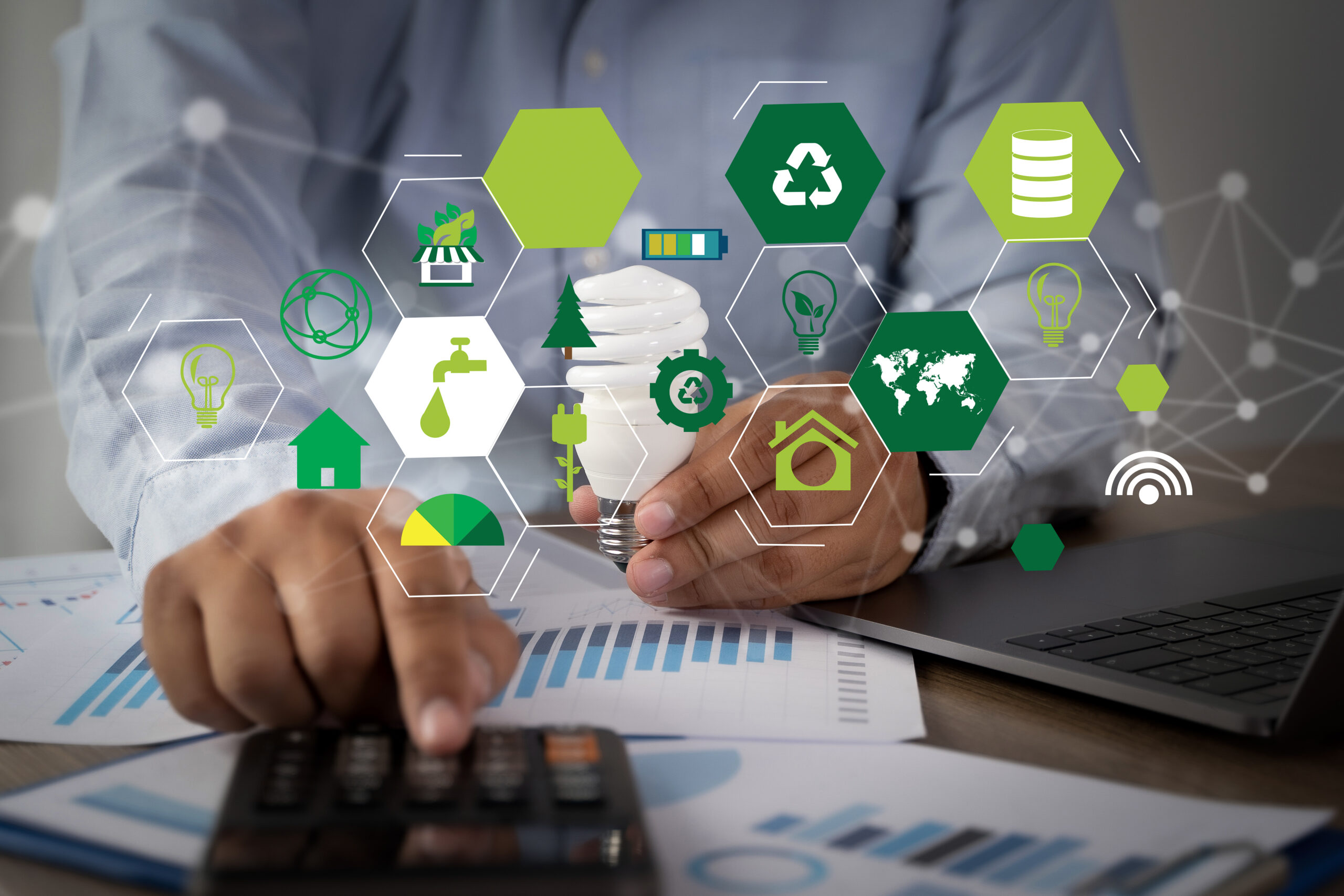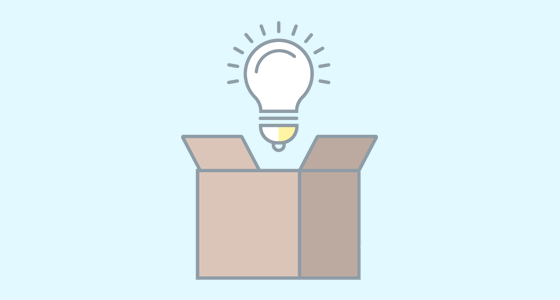
Being sustainable in products and processes in the B2B Ecommerce space helps support the health of the earth, its environment, its inhabitants and the economy. Many resources are finite; we must give careful consideration to how we are using them and the best ways to proceed. The end game of sustainability, of course, is to preserve the environment and resources for future generations.
What Is Sustainability?
Sustainability is the maintenance of natural resources without compromising the health of our environment. Basically, it’s a way to meet today’s needs without sacrificing the needs of future generations. However, sustainability is an ideal that covers far more than just ecological resources; as you will see below, it’s a balance between the environment, the economy and social health.
Why Is Sustainability Important?
It’s apparent why sustainability is vital to our planet; resources are limited, and our lifestyle and quality of life depend heavily on sustainability maintenance. This is why we have seen a surge in recycling efforts, renewable energy and electric vehicles.
Corporate Sustainability
One of the important subsections of sustainability is “corporate sustainability,” which is an ethical framework in which businesses and governmental bodies are accountable for taking actions that benefit society as a whole. This can come in many forms, from sustainable packaging to green shipping and distribution, which can also include overcoming the challenges of larger shipments.
The Three Pillars of Sustainability
Sustainability as a whole is built from three pillars: environmental, economic and social sustainability. They are designed to work in tandem. Think of the three pillars of sustainability as the legs on a stool; if one of them is shorter (or taller) than the others, the entire thing will topple over. The three pillars of sustainability are:
1. Environmental Sustainability
Environmental sustainability is all about the health and wellness of our planet and ecosystem. One basic tenet of environmental sustainability is sensible stewardship of the natural resources of the planet. Generally, this is implemented by individuals as well as governments/corporations.
2. Economic Sustainability
Economic sustainability is the practice of supporting and advocating economic growth without impacting the other two pillars, social and environmental sustainability. The goal of economic sustainability is to promote economic growth while remaining environmentally sustainable, which quite often can be a balancing act.
3. Social Sustainability
While environmental sustainability focuses on creating renewable resources, social sustainability is about “identifying and managing business impacts, both positive and negative, on people,” according to the United Nations.
Ecommerce Sustainability
Ecommerce is one of the great benefits of the technology boom that started in the 1990s. It has steadily grown throughout the years, and this upward trend won’t diminish anytime soon. However, despite all the modern-day conveniences of a digital storefront, there is a downside when it comes to sustainability: all this shipping involves emissions from the delivery process along with product packaging, both of which can have an impact on the environment. In fact, Ecommerce sales are projected to reach $5 trillion in 2022 and $6 trillion by 2023, along with it, more packaging materials and shipping emissions.
B2B Ecommerce Sustainability Challenges
B2B Ecommerce companies, especially wholesalers, face added challenges when trying to meet sustainability goals. From bulk orders, large shipments, an abundance of packaging materials (plastic wrapping, corrugated boxes, pallets, etc.) and large distribution fleets, it’s easy to see how sustainability can be hard to reach.
How To Make Your B2B Ecommerce Business Sustainable
So, what’s the solution to B2B Ecommerce sustainability? First, B2B organizations should lean toward recycled and reused packaging materials and eliminate the use of plastic wrapping. Consider using Flexible Intermediate Bulk Containers (FIBC) which are low environmental impact bulk bags that come in all shapes and sizes to meet your needs. Second, optimizing your shipping strategy can ensure that you’re making the least amount of trips possible to conserve gas, limit emissions and save money. Likewise, using greener fuel can also help, and many organizations are switching to hybrid fleets or electric vehicle (EV) distributors.
Beyond packaging and shipping, B2B organizations can better meet the three pillars of sustainability by:
- Procuring parts from local and sustainable suppliers to minimize travel emissions
- Installing renewable energy at offices, warehouses and manufacturing plants
- Implementing water conservation practices
- Using energy-efficient appliances (lighting, smart thermostats, etc.)
Benefits of Ecommerce Sustainability
Consumers, businesses, investors and stakeholders are sending clear signals that, along with the convenience of Ecommerce, operating in a sustainable manner is an extremely important factor in making purchasing decisions, forming business relationships and improving operations as a whole. The benefits of Ecommerce sustainability include:
- Cost savings
- Reduced carbon footprint
- Competitive advantage
- Brand awareness
- Stakeholder buy-in
- Employee retention and recruitment
- Increased productivity
- Energy efficiency
- Better investment opportunities
- Attracting green customers
How Zoey Fits In
Zoey, a provider of B2B and wholesale businesses Ecommerce solutions features a powerful array of tools that help businesses migrate to digital orders quickly, taking advantage of technology to grow sales sustainably. Zoey also hosts a library of resources to educate companies on ways to optimize their shipping strategy and supply chain as a whole.
See how Zoey can help your B2B or wholesale business go green by trying a demo today:





